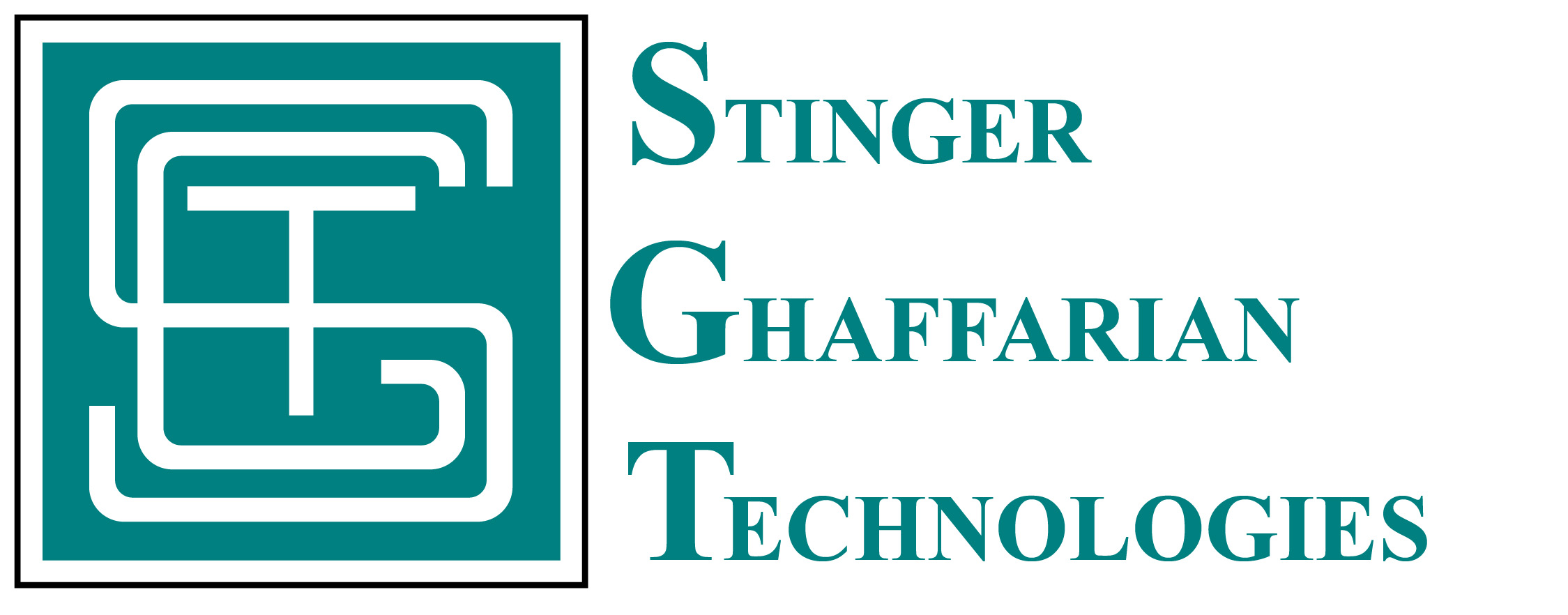 GPCE Home
GPCE Home
GPCE'11 Home
Keynotes
Schedule
Accepted Papers
Tech Talks
Poster
Banner
Organization
Dates
Venue
Registration
Calls for
Papers
Tech Talks
Workshops Electronic
Submission
(Submission deadline has passed)
CALL FOR PAPERS (txt?,pdf?)
Generative Programming and Component Engineering (GPCE'11)

 Tenth International Conference
Tenth International Conference
October 22-23, 2011
Portland, Oregon, USA
(collocated with SPLASH 2011)
Sponsored by ACM and SGT

|

|

|
Important Dates (NEW)
- Submission of abstracts: Saturday, May 21, 2011 (DEADLINE PASSED)
- Submission of papers: Saturday, May 28, 2011
- Author notification: Wednesday, July 6, 2011
- Submission of tech talks: August 7, 2011
Scope
Generative and component approaches are revolutionizing software development just as automation and componentization revolutionized manufacturing. Key technologies for automating program development are Generative Programming for program synthesis, Component Engineering for modularity, and Domain-Specific Languages (DSLs) for compact problem-oriented programming notations. The International Conference on Generative Programming and Component Engineering is a venue for researchers and practitioners interested in techniques that use program generation and component deployment to increase programmer productivity, improve software quality, and shorten the time-to-market of software products. In addition to exploring cutting-edge techniques of generative and component-based software, our goal is to foster further cross-fertilization between the software engineering and the programming languages research communities.Submissions
Research papers
10 pages in SIGPLAN proceedings style (sigplanconf.cls, see http://www.sigplan.org/authorInformation.htm) reporting original and unpublished results of theoretical, empirical, conceptual, or experimental research that contribute to scientific knowledge in the areas listed below (the PC chair can advise on appropriateness).Tool demonstrations
Tool demonstrations should present tools that implement generative and component-based software engineering techniques, and are available for use. Any of the GPCE'11 topics of interest are appropriate areas for tool demonstrations. Purely commercial tool demonstrations will not be accepted. Submissions should contain a tool description of up to 6 pages in SIGPLAN proceedings style (sigplanconf.cls) and a demonstration outline of up to 2 pages text plus 2 pages screen shots. The six page description will, if the demonstration is accepted, be published in the proceedings. The 2+2 page demonstration outline will only be used by the PC for evaluating the submission.Workshops and Tech Talks
Workshops are organized by SPLASH - see the SPLASH Call for Workshops for details. Tech talks are organized by GPCE as one or two talks at the end of each day of the conference. The talks will be about an hour in length and, similarly to tutorials, do not (need to) present original new research material. Unlike longer tutorials, these talks cannot be very interactive, and should instead aim to be 'keynote' style presentations. Please see the tech talks call for contributions for details.Topics
GPCE seeks contributions in software engineering and in programming languages related (but not limited) to:- Generative programming
- Reuse, meta-programming, partial evaluation, multi-stage and multi-level languages, step-wise refinement, generic programming, automated code generation
- Semantics, type systems, symbolic computation, linking and explicit substitution, in-lining and macros, templates, program transformation
- Runtime code generation, compilation, active libraries, synthesis from specifications, development methods, generation of non-code artifacts, formal methods, reflection
- Generative techniques for
- Product-line architectures
- Distributed, real-time and embedded systems
- Model-driven development and architecture
- Resource bounded/safety critical systems.
- Component-based software engineering
- Reuse, distributed platforms and middleware, distributed systems, evolution, patterns, development methods, deployment and configuration techniques, formal methods
- Integration of generative and component-based approaches
- Domain engineering and domain analysis
- Domain-specific languages including visual and UML-based DSLs
- Separation of concerns
- Aspect-oriented and feature-oriented programming,
- Intentional programming and multi-dimensional separation of concerns
- Applications of the above in industrial scenarios or to real-world problems, bridging the gap between theory and practice
- Empirical studies
- Original work in any of the areas above where there is a substantial empirical dimension to the work being presented. Such contributions might take the form of a case/field study, comparative analysis, controlled experiment, survey or meta-analysis of previous studies.
Organization
Chairs (chairs@gpce.org)
- General Chair: Ewen Denney (SGT/NASA Ames, USA)
- Program Chair: Ulrik Pagh Schultz (University of Southern Denmark, Denmark)
- Publicity Chair: Chang Hwan Peter Kim (University of Texas at Austin, USA)
Program Committee
- Andrzej Wąsowski (IT University of Copenhagen, Denmark)
- Anirüddhā Gokhālé (Vanderbilt University, USA)
- Bernd Fischer (University of Southampton, UK)
- Bruno C. d. S. Oliveira (Seoul National University, Korea)
- Christian Kästner (Philipps Universitat Marburg, Germany)
- Chung-Chieh Shan (Rutgers, The State University of New Jersey, USA)
- Don Batory (University of Texas at Austin, USA)
- Eli Tilevich (Virginia Tech, USA)
- Eric Tanter (University of Chile, Chile)
- Görel Hedin (Lund Institute of Technology, Sweden)
- Ina Schaefer (TU Braunschweig, Germany)
- Jeremiah Willcock (Indiana University, USA)
- Jeremy Siek (University of Colorado at Boulder, USA)
- Jurgen Vinju (Centrum Wiskunde en Informatica, The Netherlands)
- Lionel Seinturier (University of Lille, France)
- Marjan Mernik (University of Maribor, Slovenia)
- Mat Marcus (Adobe Systems, USA)
- Nicolas Loriant (INRIA, France)
- Ras Bodik (University of California at Berkeley, USA)
- Robert Glück (University of Copenhagen, Denmark)
- Steffen Zschaler (King's College London, UK)
- Tudor Girba (netstyle.ch, Switzerland)
- Walter Binder (University of Lugano, Switzerland)
- Yanhong A. Liu (State University of New York at Stony Brook, USA)